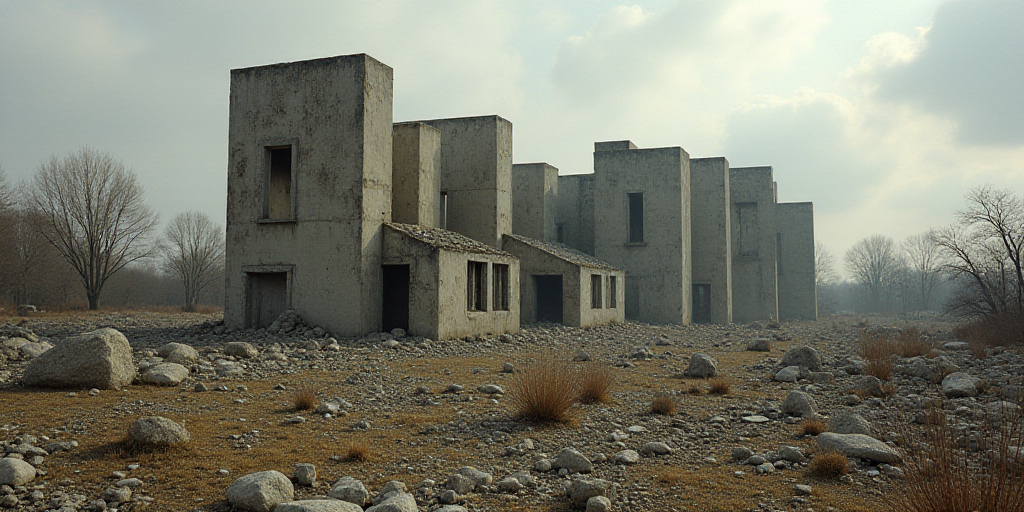Background on the Conflict
The current conflict began on October 7, 2023, when Hamas launched an unprecedented attack on Israel. This attack resulted in 1,219 deaths on the Israeli side, with the majority being civilians.
Qatar’s Role in the Ceasefire Negotiations
In response to this escalating crisis, Qatar has taken a leading role in the ongoing ceasefire negotiations. As a nation with strong ties to various Palestinian factions, Qatar’s involvement is crucial in bridging gaps and facilitating dialogue.
Who is Qatar?
Qatar, an oil-rich nation located in the Middle East, has been actively engaged in regional and international diplomacy. Its strategic location, abundant resources, and commitment to foreign aid have positioned it as a significant player in Middle Eastern politics.
Why is Qatar Relevant?
Qatar’s relevance stems from its historical support for Palestinian causes and its diplomatic relations with multiple factions within the Palestinian political landscape. This has enabled Qatar to act as a mediator and facilitator in numerous conflicts involving Palestine.
Current Efforts and Challenges
Despite the initial stages of negotiations, progress remains stagnant. Qatar continues to work tirelessly, employing its diplomatic prowess and connections to encourage all parties involved to engage in meaningful dialogue.
- Key Actions:
- Qatar has been hosting meetings with representatives from Hamas, Fatah, and other relevant Palestinian factions.
- Qatar is leveraging its relationships with regional and international powers to exert pressure on Israel for a ceasefire.
- Qatar is advocating for humanitarian aid and the protection of civilians in both Gaza and Israel.
- Challenges:
- Deep-rooted mistrust between Israel and Palestinian factions.
- The complexity of coordinating ceasefire terms that satisfy all parties involved.
- The ongoing humanitarian crisis in Gaza, which complicates negotiations.
Impact on the Region and Beyond
Qatar’s efforts in these negotiations have the potential to significantly impact the Middle East and beyond. A successful ceasefire would not only alleviate immediate suffering but also pave the way for long-term stability and cooperation in the region.
Regional Implications
A ceasefire facilitated by Qatar could lead to improved relations between Israel and Palestine, potentially reducing tensions and fostering a more conducive environment for future peace talks.
Global Implications
The global community closely watches Qatar’s progress in these negotiations. A successful outcome would not only demonstrate the effectiveness of diplomatic efforts but also encourage other nations to engage in peaceful conflict resolution.
Key Questions and Answers
- Q: Who is Qatar and why is it involved in the Gaza ceasefire negotiations?
- Q: What challenges does Qatar face in these negotiations?
- Q: How could a successful ceasefire impact the region and beyond?
A: Qatar is a Middle Eastern nation with strong ties to various Palestinian factions. Its strategic location, resources, and commitment to foreign aid have positioned it as a significant player in regional diplomacy. Qatar’s involvement is crucial due to its ability to bridge gaps and facilitate dialogue among conflicting parties.
A: Qatar faces challenges such as deep-rooted mistrust between Israel and Palestinian factions, the complexity of coordinating ceasefire terms that satisfy all parties involved, and the ongoing humanitarian crisis in Gaza.
A: A successful ceasefire could lead to improved relations between Israel and Palestine, reduce tensions, and foster a more conducive environment for future peace talks. It would also demonstrate the effectiveness of diplomatic efforts and encourage other nations to engage in peaceful conflict resolution.






